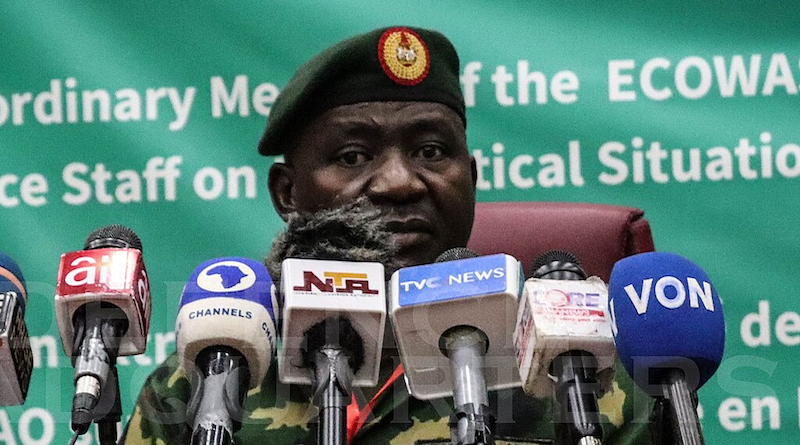The State Department Tuesday announced that the U.S. officially recognizes as a coup the illegal, July 26 overthrow of the government of Niger.
With the official recognition of a coup, restrictions under section 7008 of the U.S. Department of State’s annual appropriations dictate what the U.S. can provide to Niger in foreign assistance, as well as military training and equipment.
However, the Defense Department had already curtailed operations in Niger. Shortly after the country’s government was overthrown, the department confirmed suspension of both security cooperation and counterterrorism operations. DOD also consolidated its footprint there to locations in both Niamey and Agadez.
U.S. military operations in Niger are now limited to flying intelligence, surveillance and reconnaissance aircraft to ensure the continued safety of the U.S. personnel who remain in the country.
During a background briefing, an administration official said recognition of the coup has changed what the department can do in Niger.
“Counterterrorism operations in Niger will remain paused in the interim,” the official said. “Additionally, our activities to build the capacity of the Nigerien armed forces through security cooperation programs, subject to 7008, will be suspended.”
The official also said security cooperation efforts not specifically subject to section 7008 will also remain suspended until actions are taken in Niger to restore the democratically elected governance.
On July 26, Niger’s military removed democratically elected President Mohamed Bazoum from office and replaced him with Gen. Abdourahamane Tchiani, who served as the commander of the Nigerien presidential guard. The group subsequently formed the National Council for the Safeguard of the Homeland military junta, also called the CNSP. The CNSP has held Bazoum captive since he was ousted.
“The safety of U.S. personnel in Niger is our utmost priority,” the administration official said. “We are coordinating with the CNSP to protect our personnel, facilities and assets, and advance shared security interests in West Africa during this political upheaval. We continue to call on the CNSP to take concrete steps to demonstrate their commitment to restoring civilian democratic order.”

